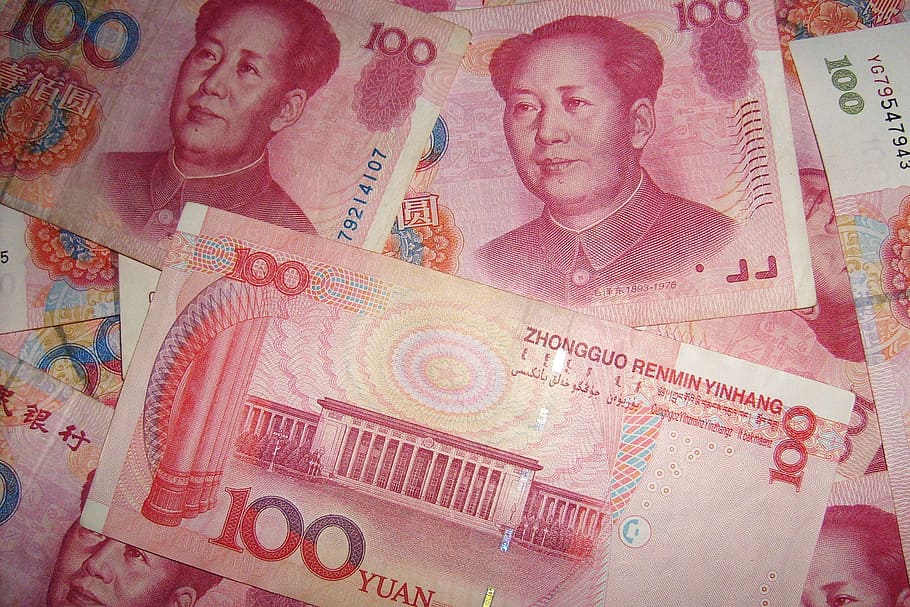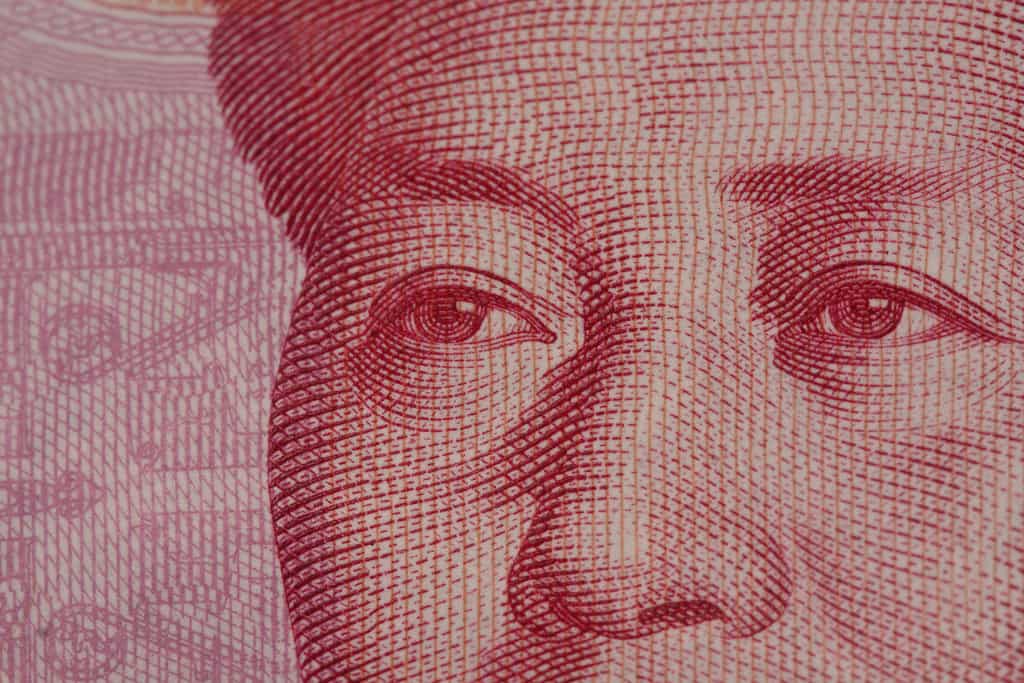A new report from Morgan Stanley sees the renminbi’s status as a reserve currency rising over the upcoming decade.
Morgan Stanley analysts see the renminbi becoming the world’s third largest reserve after the US dollar and euro due to greater foreign investment in China, according to a report released on 4 September.
Efforts by Beijing to further open up Chinese financial markets will lead to cumulative inflows of as high as USD$3 trillion over the next decade, leading to a greater volume of global assets held in the renminbi.
“We expect private and reserve managers will generate more than US$150 billion in total portfolio inflows to China in 2020, for the third consecutive year, highlighting the transformations underway,” said the report. “The annual inflow should reach US$200-300bn in 2021-30.”
As a consequence Morgan Stanley analysts see the renminbi accounting for 5 – 10% of global forex reserve assets by 2030, as compared to 2% at present.
″(The 5% to 10% target) is not unrealistic in light of the financial market opening in China, the growing cross border capital market integration we see across equities and fixed income and an increasing proportion of China’s cross-border transactions being denominated in RMB,” said James Lord, Morgan Stanley international strategist, in the report.
“All of this suggests global central banks will need to hold more RMB as part of their reserves.
“As of end 2019, there are approximately 70 central banks around the world that hold RMB in their reserves, up from 60 at the end of 2018, according to the PBOC’s annual RMB internationalization reports.”
Related stories
Central Bank Digital Currency Poses a Threat to US Dollar Hegemony: JPMorgan


